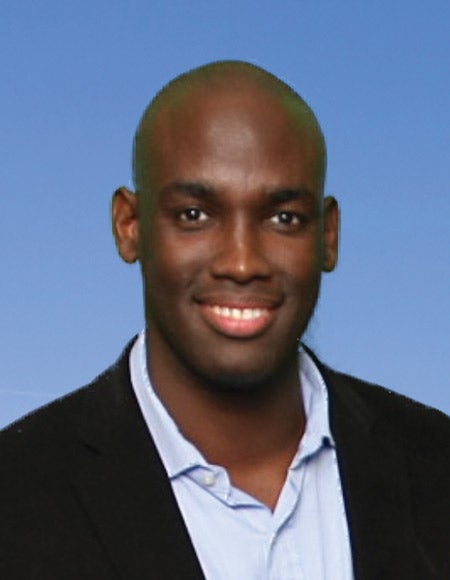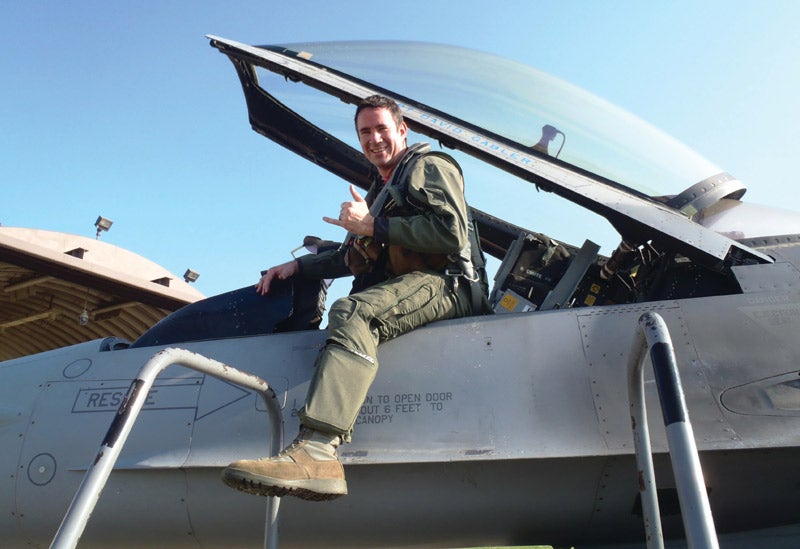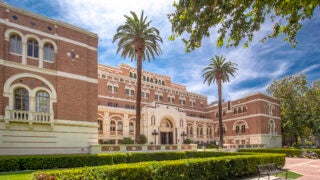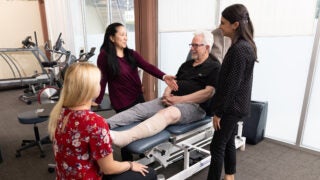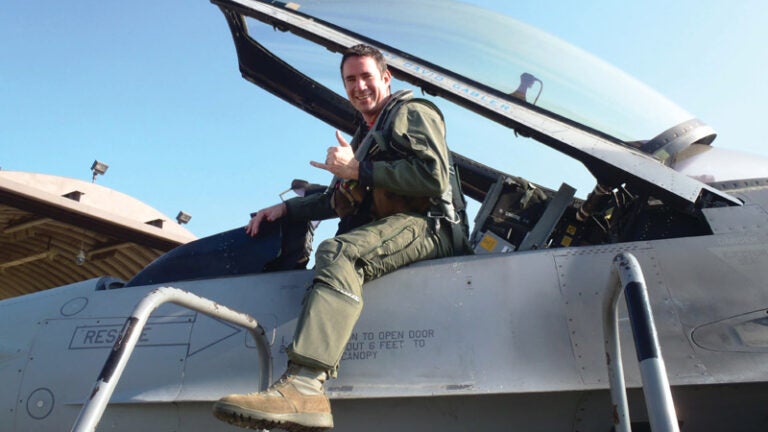
USC Student Body Presidents: How the Role Changed Their Lives
Trojans from different decades reflect on their undergraduate leadership experiences.
They served at different times, but these three former presidents of USC Undergraduate Student Government and Student Senate shared the same passion: making USC’s student experience richer and more rewarding. They look back on how the experience changed them.
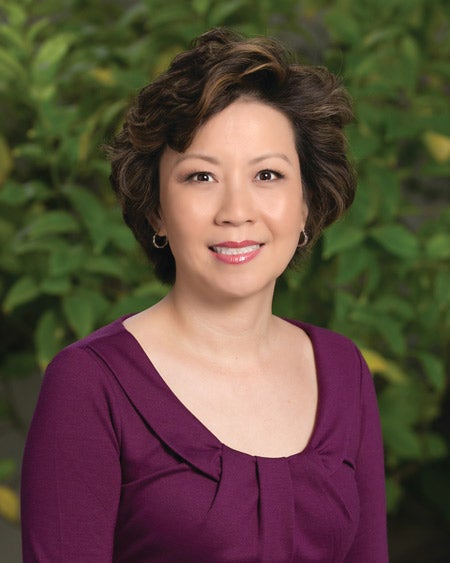 When Pauline Ng Lee ’86 ran for undergraduate president in the mid-80s, the student government saw a growing divide between undergraduate and graduate students. “A lot of the graduates wanted to break off,” she recalls. “I saw the wisdom the graduate students brought with them as an asset, though.” Keeping the groups together became a top priority for her campaign.
When Pauline Ng Lee ’86 ran for undergraduate president in the mid-80s, the student government saw a growing divide between undergraduate and graduate students. “A lot of the graduates wanted to break off,” she recalls. “I saw the wisdom the graduate students brought with them as an asset, though.” Keeping the groups together became a top priority for her campaign.
Lee won her election, becoming USC’s first female Asian-American president. There were many life-changing moments during that year. Among them: introducing social rights activist and bishop Desmond Tutu, who had come to speak on campus. “Here was this man who devoted his life to causes that were beyond him,” she says. Lee, an accounting major, was so inspired by Tutu that after graduation she declined job offers and chose to attend Duke University School of Law with the goal of working in public policy. In law school, Lee ran for president of the Duke Bar Association, beating out two male classmates to become the first Asian-American to serve in the role.
Now a lawyer living in Nevada, Lee continues her involvement in politics. In 2016, she was a poll watcher for the Clark County Republican Party. Her son, a college senior, worked with the Republican National Committee in Las Vegas over the summer and she offered him the same advice she gives to anyone considering working in politics: “To truly understand various viewpoints and exercise critical thinking skills, it’s important to go outside of the familiar comfort zones found within socioeconomic and ethnic groups and strike a dialogue with people who have different perspectives.”
Politics has always held an allure for Harold L. Mann Jr. ’05, who started in student government in high school. By his junior year at USC, he was student body president. “Leadership roles have always been a passionate desire of mine, as has contributing to the communities I serve,” Mann says.
The public policy, management and planning major dove right into student government and found other like-minded leaders working toward the same goals of improving academic, athletic and student experiences. During his term, Mann represented the student voice during community hearings about Galen Center construction. He also served on the Student Services Committee of the USC Board of Trustees. “It was great to advocate for the needs of the students with the movers and shakers of the university,” Mann says.
Another opportunity saw Mann working with Graduate Student Government and Senate. “A shared issue was housing, something we collaborated over,” he says. “More than a decade later, it’s amazing to see the new USC Village [residential-retail complex] opening up.”
Today, Mann remains active in the USC community. He founded the USC Alumni Club of Beverly Hills/Hollywood and co-chaired the first Young Alumni Reunion—now a USC homecoming tradition—and his 10-year reunion. In 2010, Mann was presented with the USC Alumni Association’s President’s Award.
And his career? He’s Delta Air Lines’ London-based manager of UK joint venture sales operations, a position in which he still finds himself returning to lessons learned at USC. “My leadership roles at USC definitely grounded me as I developed my leadership style and mindset for working within the professional sector,” Mann says. The wisdom he’s acquired? “Leaders need to be humble and spend more time listening than speaking.”
Business major Dave Gabler ’97 never considered running for student body president until his friends suggested it. “The position felt like a great platform to continue doing a lot of the things I was already doing, but would have even more impact on the people around me,” says Gabler, who served as a resident adviser and was also on USC’s men’s rowing team and Student Conduct Board.
During his term, Gabler was determined to establish a unified student voice. At the time, a similar organization, USC Residential Student Community (URSC), existed for students who lived on campus. “The ability to use either platform to its full effect was muddled,” he says of the two groups. Together, Gabler and URSC President Jeff Foster ’96 and URSC Vice President Adina Israel ’97 set out to find a solution. “We succeeded by keeping both organizations intact, yet working toward the same goals in a cohesive manner, bringing the full strength of the student body to bear on various issues.”
After graduation, Gabler worked as a management consultant and then was director for a technology startup, but after the Sept. 11 attacks, he felt the call to serve. He joined the Air Force, where he flew F-16s for a tour in Iraq and two in Afghanistan. The outlook he gained while serving as Undergraduate Student Government president served him well.
“It’s easy to have a very organization-centric perspective on the world,” says Gabler, who is working toward a master’s degree in public policy at Stanford. “As student body president, understanding the needs and goals of a diverse group—both the student body and administration—expanded my way of thinking. It’s a process not afforded to many, and one from which I definitely grew.”

